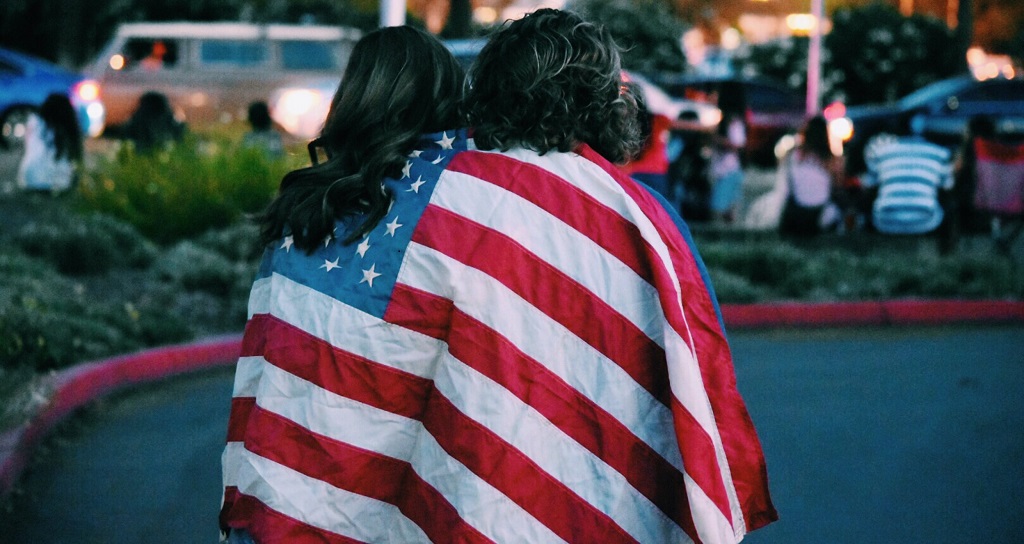Written by Andrea Ramos, Digital Communications Specialist at the American Immigration Council
My first Fourth of July was in the Texas country. Fireworks, lawn games, little American flags, burgers, and Old Navy tees—I got the full experience. As a young immigrant, I was slowly growing accustomed to the culture. I knew that the Fourth of July was a big deal because of cartoons, yet I didn’t speak a lick of English. I didn’t feel like an American. My first Fourth of July felt more like a costume party than a true celebration. I was happy to be there but felt nostalgic for the country that had raised me.
As I got a little older, I learned to love history and had begun to grapple with the idea of being undocumented. Learning about the great American experiment and Thomas Jefferson’s words, “All men are created equal,” inspired me. I began to hope that maybe one day, those words could also apply to me and my parents. Yet, nothing changed for a while. As I entered my teens, I saw how different I was from my peers. I had always felt different, a thick accent that never truly faded, nostalgia and longing for a country I no longer knew, and the growing fear that my parents could be taken from me. While everyone was learning how to drive and getting their first summer jobs, I was stagnant. Then, in 2012, the Deferred Action for Childhood Arrivals (DACA) initiative was announced.
DACA changed my life. I finally had the options and access that my peers had. I made it to college and worked at the mall, a feat my parents didn’t know would be possible. In 2016, I was in my U.S. History class when it was confirmed that Trump won the presidency. My life, once again, changed overnight.
Those few months after Trump had won, I found myself volunteering for a voting rights organization, fell in love with Lin-Manuel Miranda’s Hamilton, and sought solace from friends and allies that swore to protect me.
I got brave. I started advocacy work and found my voice alongside other undocumented youth. I traveled to D.C. and met with powerful people in imposing buildings. For years at that point, I had felt love for America, but my feelings grew to pride during the winter of 2017 while everything was falling apart, after the Trump administration moved to get rid of my status. DACA was (and still is) on the verge of being terminated. A Dream Bill was discussed earnestly but with disdain by multiple parties, and the government shutdown began to sour sentiments toward undocumented youth.
Yet, I saw the people working to improve our communities and felt tremendous pride in this country. People from all walks came together because they believed in the American experiment and that America could do better. Protests and advocates in 2017 made me realize how much pride I felt for the United States.
I have been in this country for nearly 20 years, and I tend to look back at the younger me, terrified of America and missing the country that had raised her. I never envisioned myself as a leader, never believed I had a voice, and never thought I would ever talk to members of Congress. But through DACA, this country gave me the opportunity to do more than I ever imagined. I love the United States. It has introduced me to my chosen family and has given me life lessons that have shaped who I am.
I mean, how could I not love this country? It’s only here that an undocumented woman can chase senators down the halls of Congress in pursuit of a brighter future.


